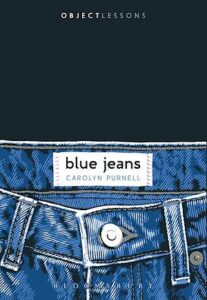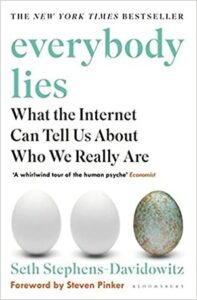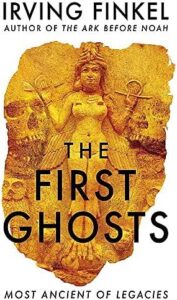 Buried: An Alternative History of the First Millennium in Britain, Alice Roberts
Buried: An Alternative History of the First Millennium in Britain, Alice Roberts
Buried is a natural follow-up to Ancestors; I enjoyed the latter, but I enjoyed this one even more. Here it really is focused on burials in the UK, using mostly other burials in the UK as points of comparison, and Roberts chose some really fascinating sites to discuss.
My favourite chapter was one that I think some readers would find very difficult, discussing a cemetery of child burials — feotuses, neonates, and very young children, all buried together near the site of a villa, even some of them in a well-shaft. Roberts discusses why that may be with sympathy, pointing out that people of the period probably did care about their children; a lack of formal mourning in society does not, clearly, preclude the possibility of private grief. Burying children near the villa, instead of the cemeteries adults were interred in, may also be a sign of care — keeping the children close to the home, where children belonged, rather than sending them off alone to a place created for adults.
She also discusses cut marks on the bones of some of the tiny bodies. Often cut marks on bones are taken to mean cannibalism (usually on older bones than these, of course), but here she suggests it represents obstetric surgery, intended to help save a mother when a child was born in the breach position and nothing else could be done.
As in Ancestors, she also discusses the sexing of bodies, though I found it a bit hilarious that she talked about DNA evidence disagreeing with the physical examinations and then DNA evidence had to be brought into line with famously inaccurate — as she acknowledges — sexing based on things like the shape of the pelvis. I don’t quite understand how she can acknowledge that it’s hard to sex a skeleton, particularly a fragmentary skeleton, and then in the very same book talk about refining DNA evidence to ensure it 100% matches that. Surely the better course (and hopefully what really happened) was to look at cases where the two disagreed and re-test and look for clues about why they diverged, check for contamination, etc. The goal should not be — as stated — to have aDNA match a metric that’s famously inaccurate (and sometimes laughably self-serving).
The final chapter attempts to tackle a weighty subject, with mixed success: how much of changing trends through history was down to population replacement? She suggests a middle ground, which is fairly safe to say (extremes like “no population replacement” and “full population replacement” are easy to disprove) and didn’t, to my mind, offer up much to cut through the rhetoric.
Broadly speaking, though, I found this fascinating and absorbing.
Rating: 4/5
 Blue Jeans, Carolyn Purnell
Blue Jeans, Carolyn Purnell








